NHMC applauds the Commission for examining the functionality of the current E-rate program, and for evaluating how to improve it. Since 1996 the E-rate program has significantly bolstered Internet access for schools and libraries across the country, including in poor neighborhoods and in communities of color. However, as the Commission recognizes, its job is far from complete. There are still a number of schools and libraries throughout the country that do not have any Internet access whatsoever. Many schools and libraries have Internet access, but no broadband access. And even in schools and libraries that have broadband access, those connections are not always being utilized to full potential and there are still many schools and libraries that qualify for E-rate funding but do not apply because the process is overly burdensome.
The FCC should adopt policies to ensure that the E-rate program is getting the biggest bang for its buck. Namely, E-rate funded Internet connections should be used in a way that advances online learning opportunities and allows students without home Internet connections to remain on campus after school for digital learning. First, the FCC should place professional development on the Eligible Services List, so teachers and staff can learn how to integrate technology into their lesson plans. Otherwise, when teachers take their students to the computer lab they will not be able to engage in meaningful instruction that enhances students’ digital learning experiences. Second, the FCC should prioritize staffing costs on the Eligible Services List so that schools in low wealth neighborhoods can keep computer labs open for at least two hours after school. NHMC supports many of the Commission’s initiatives to simplify the application process. NHMC staff learned from educators and librarians in low income school districts that the E-rate application process is unduly burdensome, so much so that it prevents districts with the fewest resources from applying. NHMC supports eliminating the technology plan requirement, filing of Form 470, and the multi-step process associated therewith.
The underlying goal of this proceeding is laudable – to maximize utilization of broadband by improving and modernizing universal service programs. NHMC supports that goal, but urges the Commission to refrain from policies that may negatively impact the poor and communities of color. Specifically, the Commission should not require that all applications be filed online until it is certain that all schools and libraries have Internet connections capable of supporting online applications, and that they have a computer literate person assigned to complete the online application process. Nor should the Commission prioritize broadband over slower Internet connections until all schools and libraries are physically capable of accessing broadband. Finally, the FCC should not foreclose individual schools and libraries from applying for E-rate funds if their home districts have failed to do so. Schools and libraries that serve poor communities should not suffer simply because their districts are too understaffed or too disorganized to fill out the paperwork, and should be permitted to take it upon themselves to complete the process in such instances.
Click here to read the full filing.
]]>